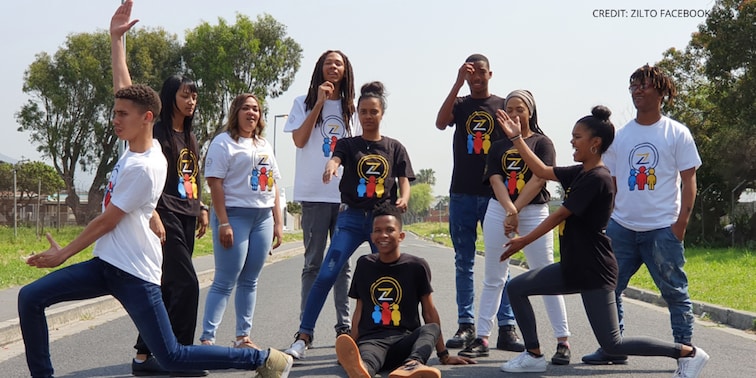
集団的社会イノベーションの力で、複雑なグローバル課題に取り組む
歴史を通じて、人々を結びつけ、課題を解決し、レジリエンスを高め、変革をもたらすために集団的なアプローチが活用されてきました。しかし、世界が複雑さを増す課題に直面する中、社会的課題に集団で取り組む新たな方法が求められています。
Cynthia Schweer Rayner is a researcher and case writer at the Bertha Centre for Social Innovation and Entrepreneurship at the University of Cape Town. Cynthia’s current research focuses on systems change, profiling social entrepreneurs who are expanding on their direct service delivery models to transform social systems overall.
A former management consultant, Cynthia worked in the corporate sector for many years before shifting to the social sector after completing her MBA. In her corporate career, Cynthia provided strategy, supply chain and cost reduction advisory services to clients in the telecommunications, private equity, hospitality and manufacturing industries. Cynthia has operational experience in social enterprises, including co-founding an NGO providing care for orphaned and vulnerable children; a fellowship with LGT Venture Philanthropy developing a franchise scaling model for mothers2mothers; and serving as program director for Generation Ubuntu, a Khayelitsha-based NGO providing support and education to children living with HIV.
Cynthia has an M.B.A. from INSEAD and a B.A. in English from Georgetown University.

歴史を通じて、人々を結びつけ、課題を解決し、レジリエンスを高め、変革をもたらすために集団的なアプローチが活用されてきました。しかし、世界が複雑さを増す課題に直面する中、社会的課題に集団で取り組む新たな方法が求められています。

Collective social innovation can scale the impacts of social projects, creating a more equitable and sustainable future for all through three key benefits.

Social-change leaders are tackling the world’s biggest challenges from the ground up. Here's how, and here's what we can learn.
This extract from the new book 'The Systems Work of Social Change' describes the origins of RLabs, one of the world's first mobile counseling platforms.
